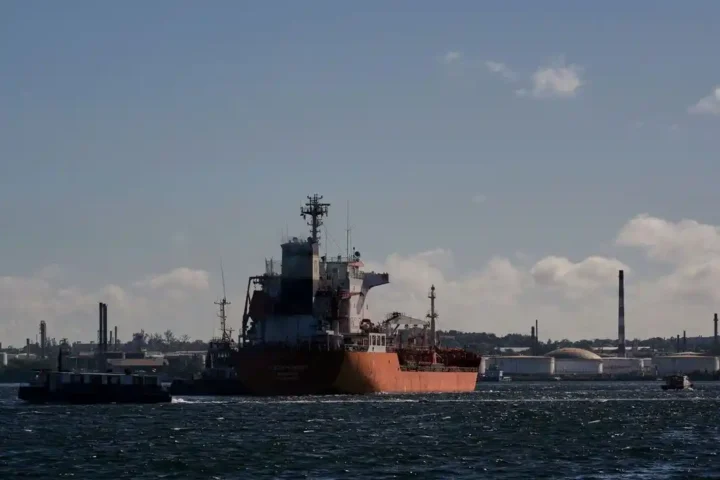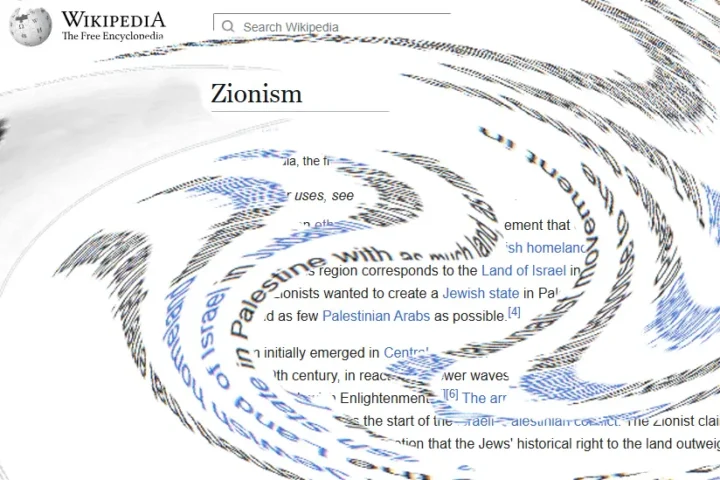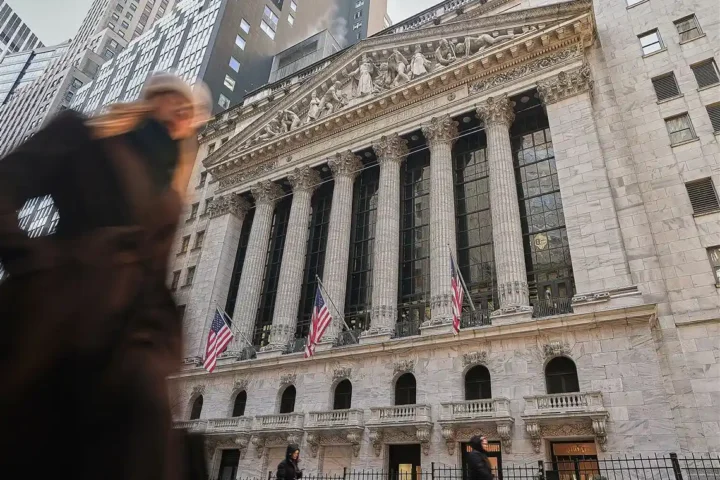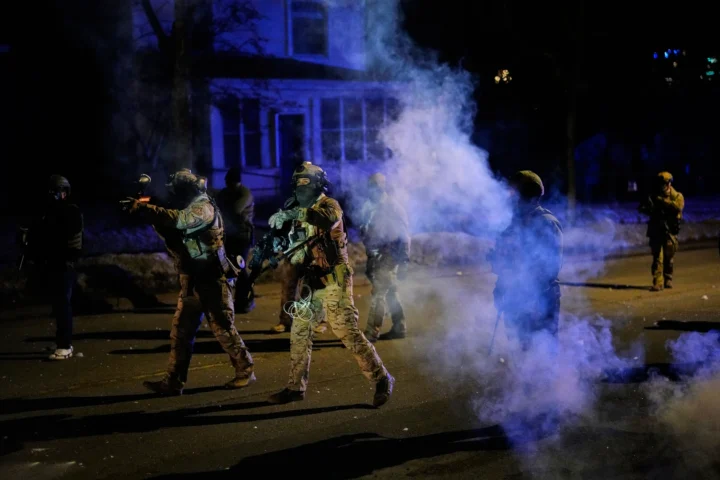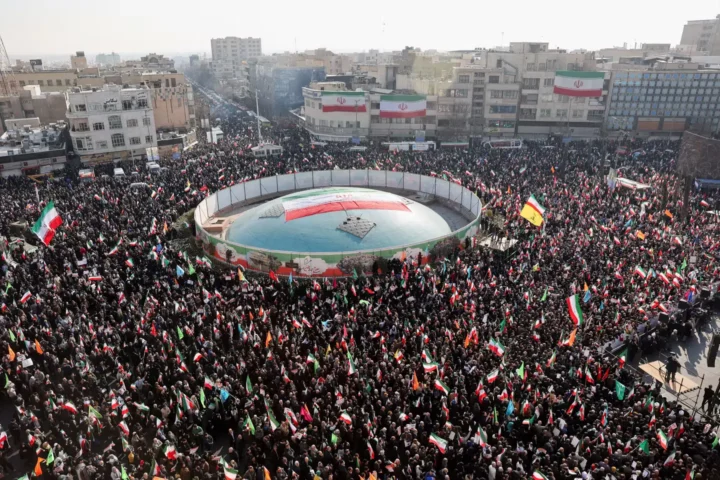In a dramatic turn of events, Germany’s already fragile political landscape was shaken to its core on Wednesday night. Chancellor Olaf Scholz’s announcement to dismiss Finance Minister Christian Lindner shattered the three-party coalition that had been struggling to maintain cohesion since its inception. This political implosion, just hours after Donald Trump’s decisive victory in the U.S. presidential election, has sent shockwaves through Berlin and beyond, setting the stage for a snap election that could redefine Germany’s future.
A Shattered Alliance: Scholz and Lindner’s Bitter Split
The collapse of the coalition marked the climax of months of bitter disagreements between Scholz’s center-left Social Democrats (SPD), the environmentalist Greens, and the fiscally conservative Free Democratic Party (FDP). Lindner, the architect of Germany’s financial austerity, became an increasingly polarizing figure within the government. His steadfast refusal to loosen fiscal rules, even as Germany faced economic stagnation and mounting pressures to boost aid for Ukraine, ultimately led to his downfall.
“Too often he has broken my trust,” Scholz declared in a solemn address from the chancellery. “Germany cannot afford to be hamstrung by petty political tactics when the stakes are so high.”

For Lindner, the sacking was not just a personal rebuke but a political gamble with existential stakes. With the FDP polling at a dismal 4%, barely clinging to parliamentary relevance, his ousting may well signal the end of the party’s role in German politics. Yet Lindner remained defiant, accusing Scholz of failing to steer the country through its economic malaise. “Germany needs a new economic awakening,” he countered, painting Scholz as out of touch with the nation’s growing discontent.
A Nation in Flux: Snap Elections and CDU’s Rising Star
With Scholz set to face a confidence vote on January 15, political analysts are already eyeing a seismic shift in German governance. If he loses, as many expect, the snap election scheduled for March could usher in a new era led by the center-right Christian Democratic Union (CDU). Buoyed by a surge in the polls, the CDU has pivoted to a more hardline stance on migration while emphasizing stronger military support for Ukraine—an agenda likely to resonate in a Germany increasingly anxious about its place in an unstable world.
“The CDU is ready to lead Germany through this storm,” a senior party official declared. “We have the vision and the resolve that this country desperately needs.”
A Perfect Storm: Trump’s Shadow Over Europe
The timing of Germany’s political unraveling could not be more ominous. Just as Europe’s largest economy grapples with internal discord, Donald Trump’s return to the White House threatens to upend the global order. German leaders were visibly shaken by Trump’s electoral triumph, which revived fears of punitive tariffs on German exports and a rollback of U.S. security guarantees in Europe. An analysis by the German Economic Institute predicts that a renewed trade war with Washington could cost the country a staggering €180 billion over the next four years.

“This evening feels downright tragic,” lamented Green economy minister Robert Habeck. “At a time when unity is paramount, we are instead tearing ourselves apart.”
The specter of Trump’s protectionist policies and his penchant for unsettling allies has cast a long shadow over Berlin. Many had hoped that his victory would serve as a rallying cry for Germany’s coalition to stand united. Instead, it became the catalyst for its collapse.
Economic Storm Clouds: The 2025 Budget and Beyond
At the heart of the coalition’s demise lay the contentious 2025 budget, which revealed a gaping fiscal hole of at least €2.4 billion. The coalition’s failure to agree on how to fill this void—whether through Lindner’s proposed tax cuts and reduced climate spending, or Scholz’s push for industrial stimulus—highlighted irreconcilable ideological divides.
Crisis talks came to a head when Lindner unveiled a policy paper calling for sweeping liberal economic reforms. For the Greens and SPD, his proposals were anathema, clashing with their vision of a socially and environmentally sustainable economy. The budgetary impasse was emblematic of deeper disagreements that had plagued the coalition from the start.
Uncertainty and Opportunity
As Germany braces for a snap election, the stakes could not be higher. The fallout from the coalition’s collapse will reverberate far beyond Berlin, affecting everything from European unity to transatlantic relations. For Scholz, the coming months will be a test of his political survival. For the CDU, it represents a golden opportunity to reclaim power and chart a new course for the nation.
But amidst the political maneuvering, one thing is clear: Germany is entering a period of profound uncertainty. The choices made in the weeks and months ahead will shape not only its domestic future but also its role on the global stage in an era of renewed geopolitical rivalry.
As the curtain falls on one of the most tumultuous days in recent German history, the world watches closely, knowing that what happens next in Berlin will ripple far and wide.


